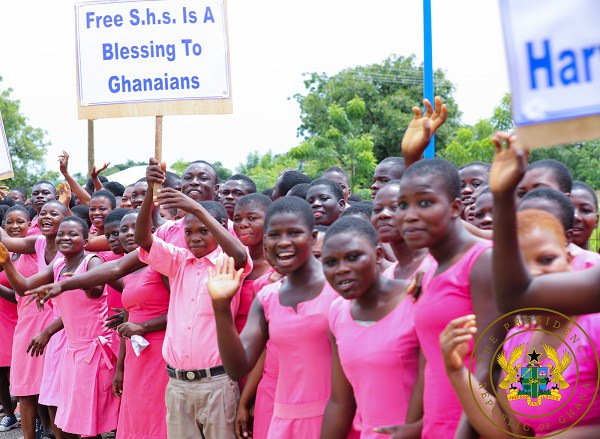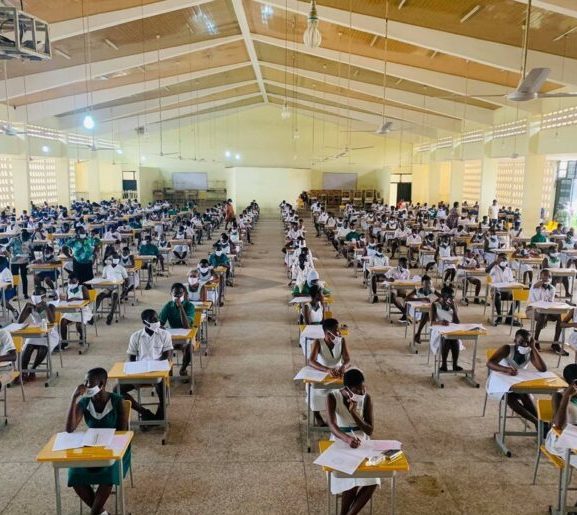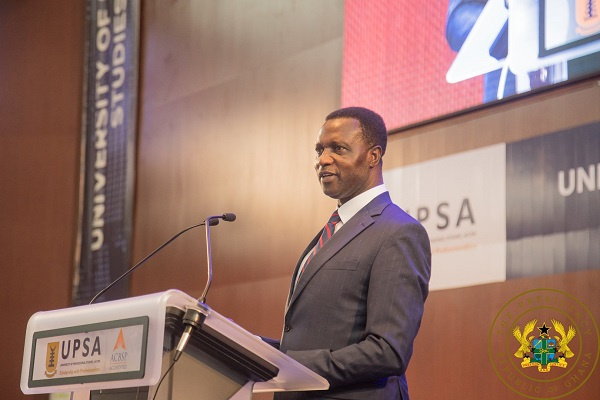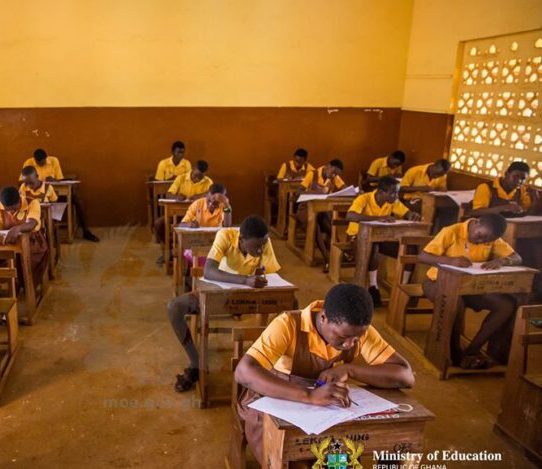Suspend attempt to privatise Ghana’s education – Edu. Coalition

The Ghana National Education Campaign Coalition (GNECC) is cautioning government against the implementation of the Ghana Partnership Schools (GPS) Project.
Describing the project as subtle privatisation and commercialisation of the education system, the Coalition urged government through the education minister to suspend the implementation of the project for broader consultation.
Addressing a press conference in Accra Monday, the Chairman of GNECC, Kofi Asare warned that the coalition will vehemently oppose any attempt to commodify public education in the country.
He said: “GNECC after participating in the initial planning phase of this Ghana Partnership Schools project has observed that the GPS project for short seeks to hand over the management of low performing public schools to private firms and the ministry of education intends to reward these private firms based on the learning outcomes that they achieve in managing these schools.
“The Coalition views this as an attempt to commodify and privatise education using public funds and on this basis, we believe that the ministry of education must apply the breaks for further consultation and review their approach in implementing the project.”
“We are not against the project but we are against any attempt to commodify education. Education is not a good, it is a public service for that matter we are against the practice of engaging a private person to manage public schools and agree to pay the private person based on the learning outcomes, in that case, the motive will be profit and we are against that,” he added.
Under the GPS project, a total of 100 selected public schools in the Ashanti, Northern, Central and Greater Accra Regions would be handed over to private school operators to manage.
According to the Coalition’s chairman, a similar project implemented in other African countries including; Liberia, Kenya and Uganda “did not produce the intended outcome, rather whatever gains they made were very marginal in comparison to the investments that were made by governments in these countries which are even higher than the regular investments they were making in public schools.”
“So the government cannot afford to ignore this evidence and go ahead and invest in such a venture,” said Mr Asare.
Source: Ghana/Starrfm.com.gh





